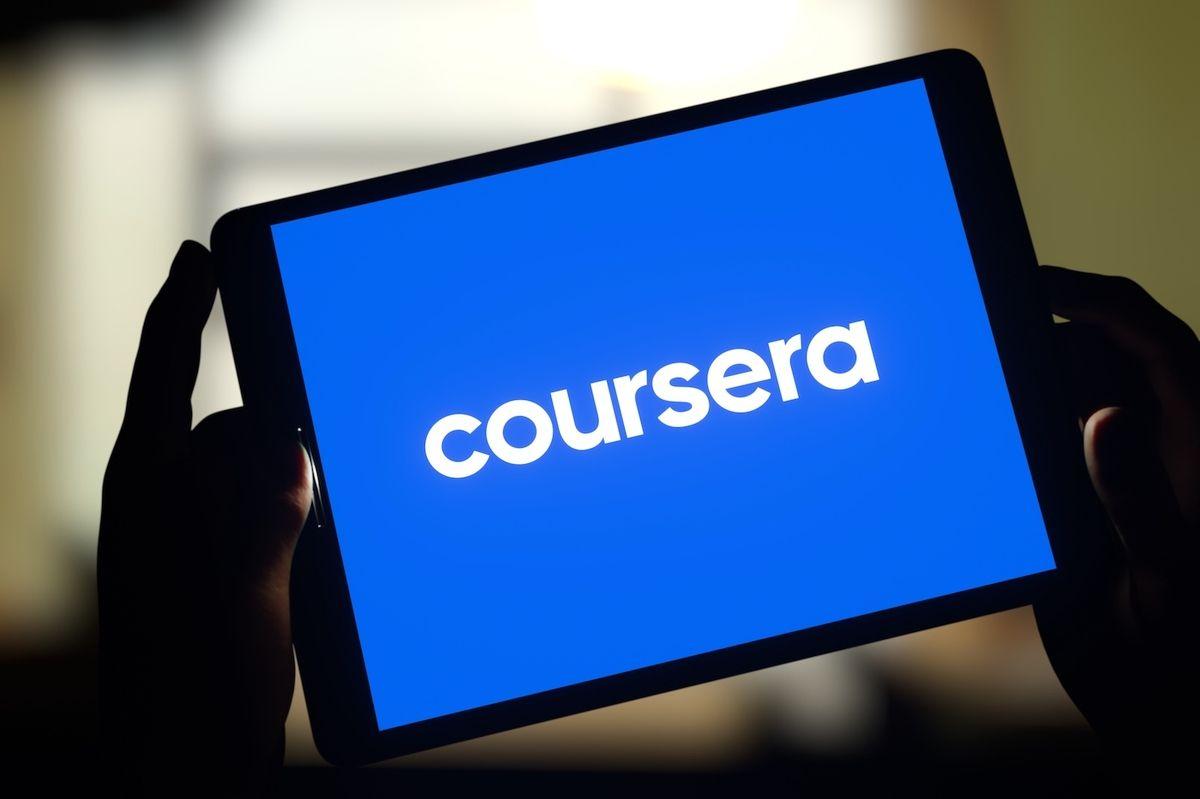Knowing how to express excitement is extremely important whatever the language you’re learning. In this post, I’ll share with you 8 different ways the native often use to express surprise in English when hearing surprising news.
1. How to express surprise in English: Disbelief
1.1. Really?
We can use Really as a short response when we show interest or surprise:
Example
- I don’t like chocolate. – Really?
- Jack proposed me. – Oh really? When?
1.2. Are you serious?/Are you for real?
A fashionable way of expressing surprise and disbelief in English is to say “Are you serious?” or “Are you for real?”.
- Serious means to act or speak sincerely and in earnest, rather than in a joking manner.
- For real is used to show that something is real, genuine, or serious.
Although both of these expressions carry question marks, they don’t require answers.
Example
- I got an A+ on my Math exam! – Dude, are you for real?
Read more
1.3. You gotta be kidding me!
A similar phrase that’s increasingly used in spoken English for expressing disbelief is “You gotta be kidding me!”
The expression is commonly used to indicate you’re seriously doubting what the person is saying, or just to express your surprise or astonishment.
- “Gotta” is a contraction of ‘have got to”, meaning “have to” or “must”. “You gotta be kidding me!” = “You must be kidding me!”
- “have got to” is mostly used in American Spoken English.
Example
- I’m going to travel around America this summer. – You gotta be kidding me! It’s awesome!
1.4. No way!
A common phrase used when hearing big news is “No Way !”. As you can tell, you’re basically refusing to believe what you hear because it’s so incredible.
Note
In addition to expressing surprise, “No way” is also used to tell someone that something is impossible (There is no way that could be possible). You can also say “no way” as an emphatic way of saying no.
Example
- Can I borrow your car? – No way!
- I’m sorry but there is no way we can help you.
Don’t forget to take notice of the speaker’s attitude and conversation context. Otherwise, you can easily get confused by this phrase.
Now, let’s look at the video below. As you see, in the first video, the speaker uses “No way!” to express their astonishment. Meanwhile, the phrase “no way” in the other video is used as an answer to the question, meaning “never”, “certainly not”.
2. How to express surprise in English: Excitement
2.1. Echo Question
An echo question is a type of direct question that repeats part or all of something which someone else has just said. It is also called a parrot question or a “repeat, please” question.
We use echo questions to express interest, concern, surprise, anger, or other reactions, depending on the intonation.
Example
- He ran out of money. – Did he?
- I haven’t booked my flight yet. – Haven’t you?
Note:
Intonation: Echo questions are usually spoken with a rising intonation
- James really likes my dog. – Does he?
- You should go to the dentist. – Should I?
- I can’t ride a motorbike. – Can’t you?
- They wouldn’t be able to come. – They wouldn’t?
2.2. What a surprise!
Slightly more formal and versatile is the expression “What a surprise!!”. This phrase belongs to standard English and is used in formal and written English as well. We can use “What”, “How” in exclamatory sentences.
- “What”
WHAT + a/ an + adj + countable noun:
-
- What a wonderful day!
- What a nice song you wrote!
WHAT + adj + plural countable noun:
-
- What colorful flowers!
WHAT + adj + uncountable noun:
-
- What beautiful weather!
- “How”
HOW + adjective/ adverb + Subject + Verb! :- How amazing you are!
- How well she dances!
2.3. You don’t say!
Another common phrase used to show excitement in English is “You don’t say!”.
“You don’t say” = “Really?”
Example
- Anna is getting married! – You don’t say!
Note:
“You don’t say” is an exclamation, not an imperative sentence. If someone says “you don’t say”, they don’t intend to stop you from talking. What they actually mean is “You’re kidding!” or “Really? I find that interesting, keep talking”.
2.4. Well, what do you know!
Another expression quite in vogue these days is “Well, what do you know!”
Remember not to use this kind of expression during a work meeting or a job interview however, it’s not appropriate for such formal situations.
Example
- Lily and James are getting married! – Well, what do you know!
- Well, what do you know, Ann dropped out of Harvard!
3. How to effectively learn English expressions
eJOY Extension is an excellent tool to learn English on a desktop. With just one click, you can watch your favorite TV shows, movies, or videos with dual subtitles, translate, and look up any word right on the captions. Here's how to effectively learn English expressions with eJOY Extension!
Step 1: Add eJOY Extension to your Chrome

Step 2: Choose any new phrase/ expression to look up its meanings, definition, and pronunciation. Click on the blue +Add button to save the word to your wordbook.
eJOY Extension will help you learn vocabulary in context instead of learning every individual word.

I hope this little roundup will help you sort through some of the expressions used in English to express surprise.
What are your commonly used expressions? I’d love to hear your take on this. Happy learning!




















